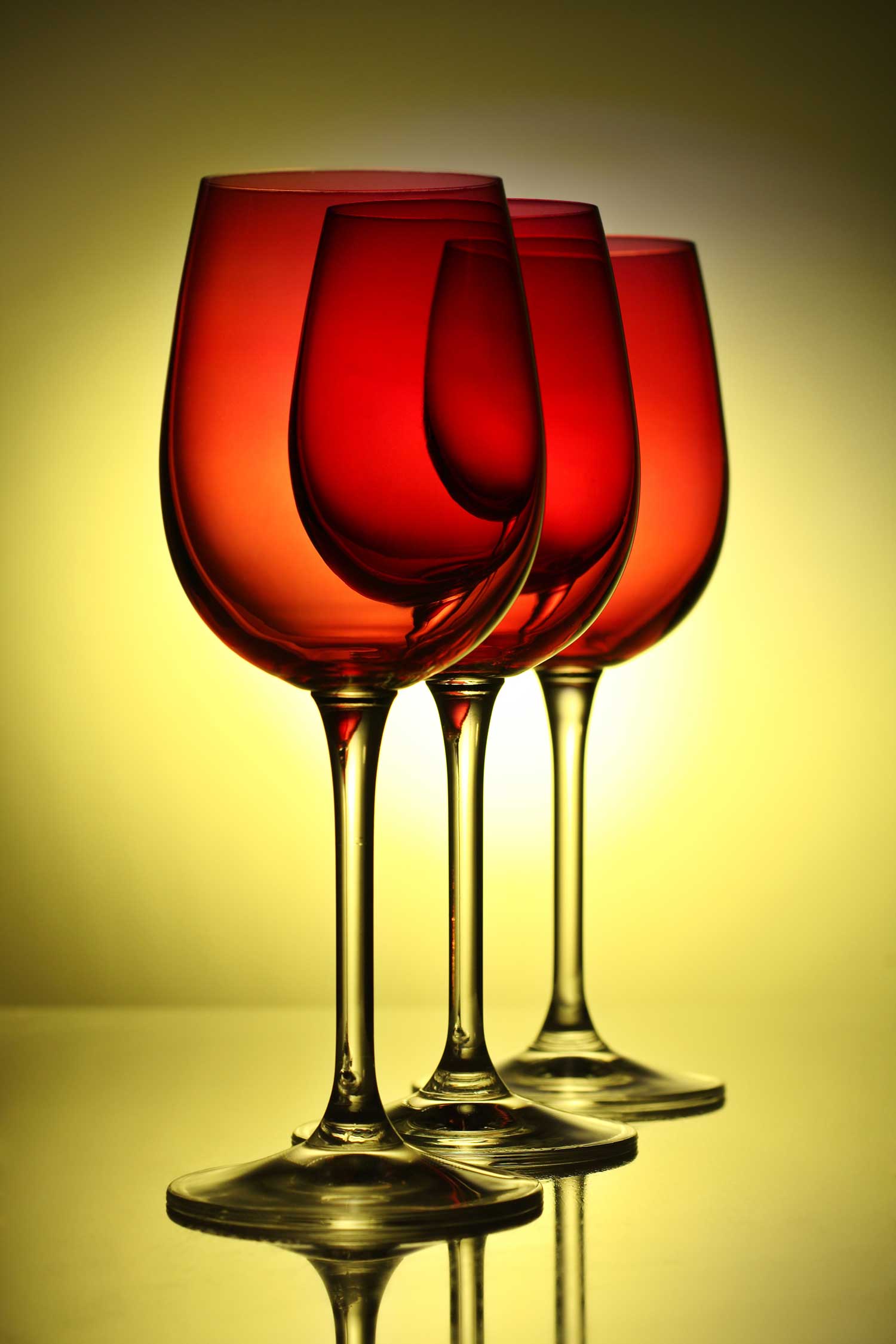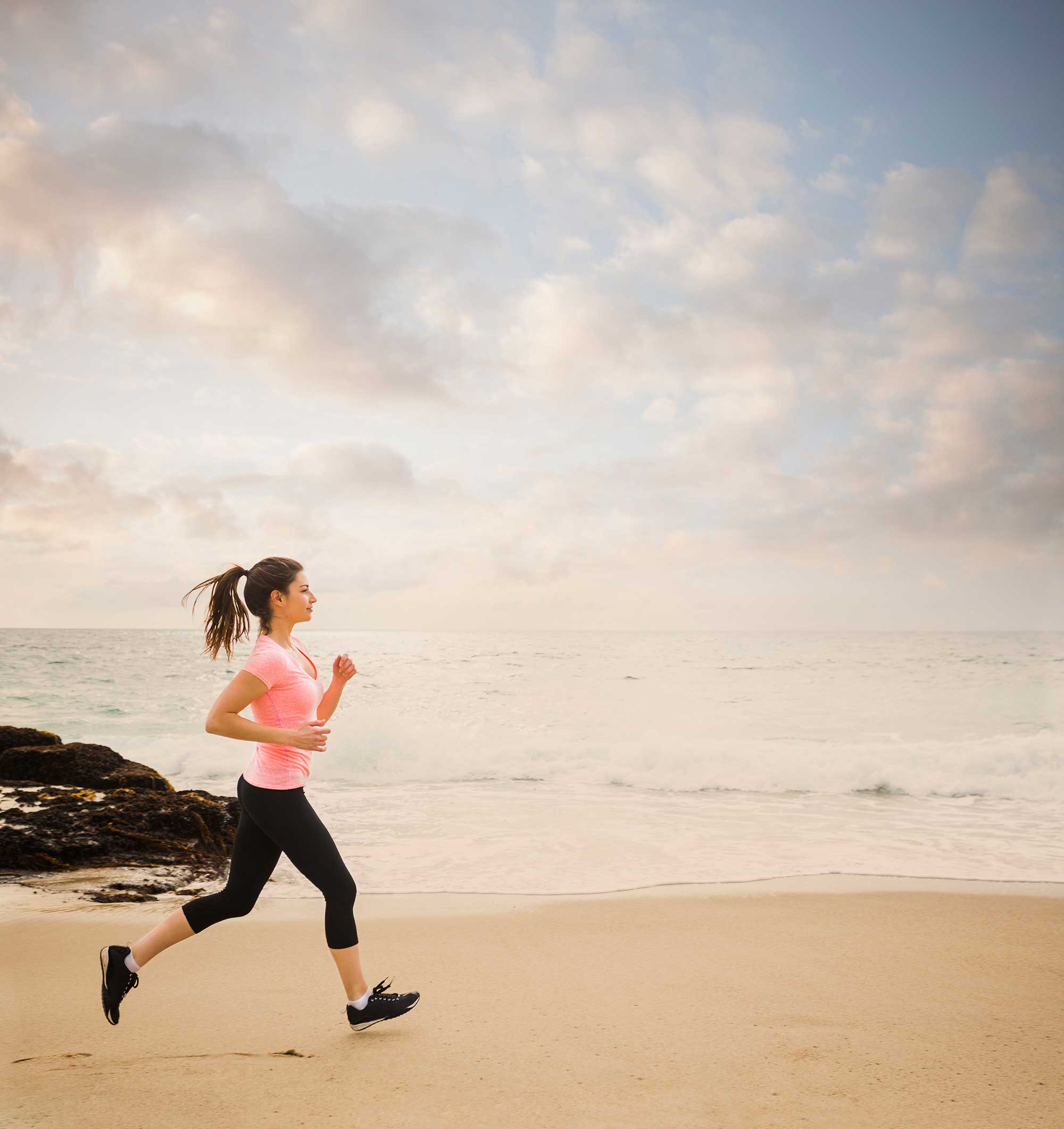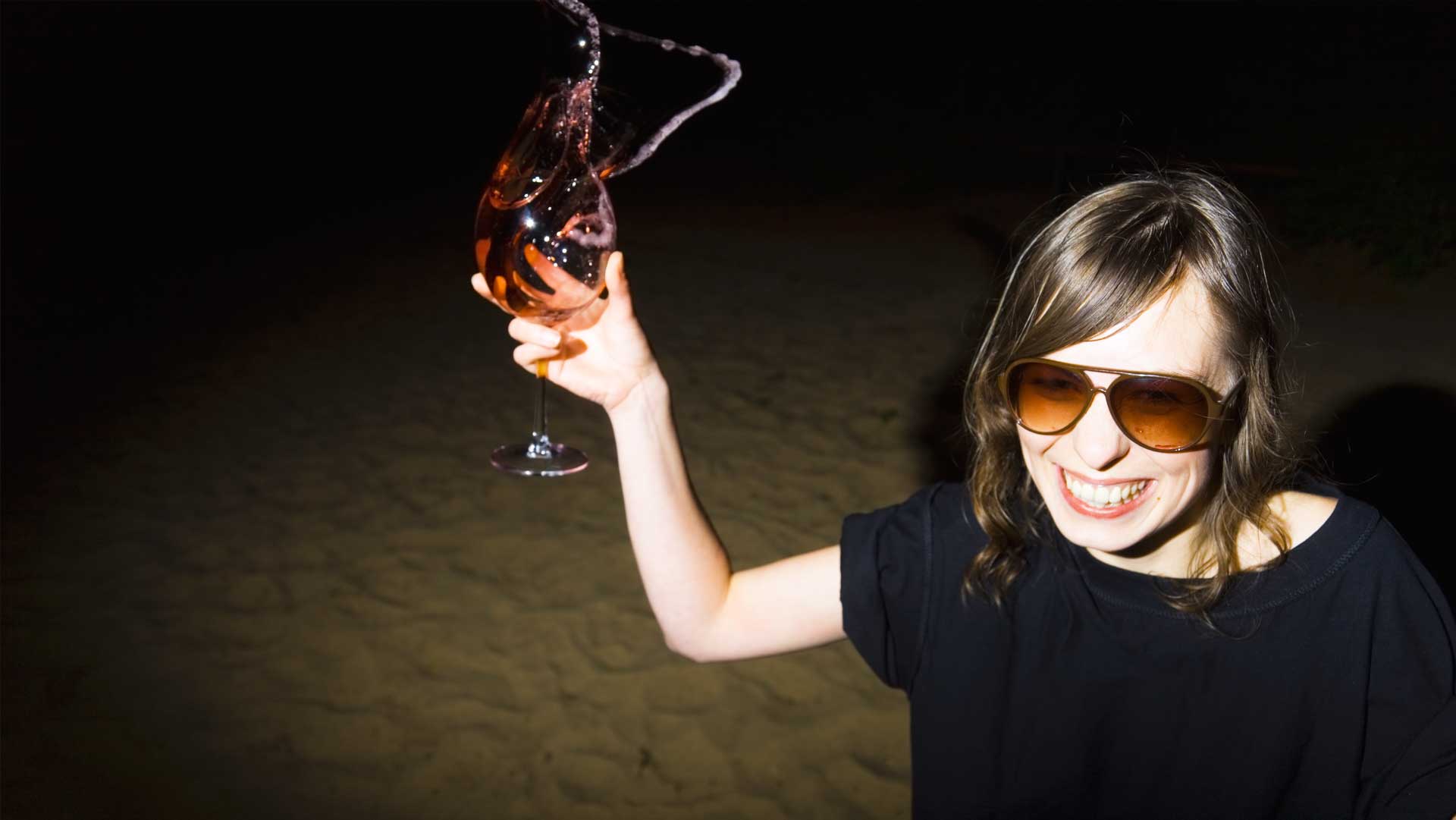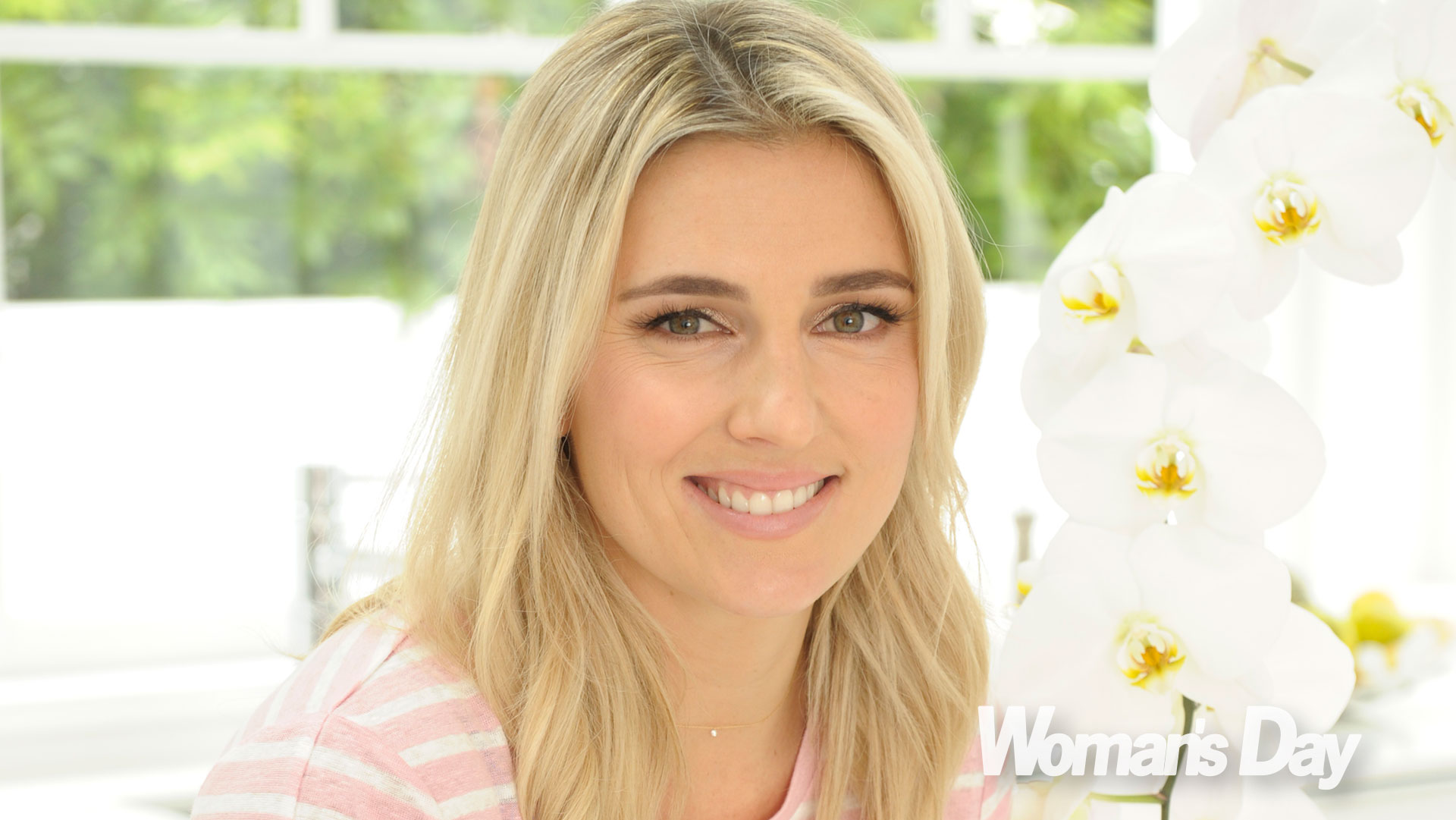The message has been received – but we’re not listening.
We all know that for optimal health we should exercise more, drink less and prioritise ‘me’ time, but, according to the latest NEXT Report, we’re struggling to actually do it.
The quadrennial survey of more than 1000 Kiwi women revealed almost three-fifths feel their fitness needs improving, while 36 per cent admit to having concerns about their alcohol consumption. More than a quarter concede they make no time to focus on their own health and wellbeing at all.
Our results are backed up by the latest New Zealand Health Survey, which found only 45 per cent of New Zealand women are physically active, and revealed hazardous drinking has increased steadily since 2011.
This is particularly of concern in light of a new report from the World Cancer Research Fund, which in May revealed drinking a glass of wine daily increases breast cancer risk by up to 9 per cent, while conversely, vigorous exercise can reduce the chances of developing it by 17 per cent.
With these two factors having such a marked impact on the most common cancer among Kiwi women, it seems more crucial than ever that we heed the warnings.
So why aren’t we?

Health and fitness are at the bottom of our priority lists
Health and fitness guru Lee-Anne Wann believes part of the problem is that our own wellbeing is often at the bottom of the priority list.
“We’re so busy doing things for our families, » our children and at work, that we don’t find time for ourselves,” she says. “And I think that even if we do, we sometimes feel selfish.”
The issue is further complicated by the fact that when we do take a moment for self-indulgence, relaxation often goes hand-in-hand with a ‘medicinal’ beverage or two. Alcohol Healthwatch executive director Dr Nicki Jackson fears the normalisation of alcohol in society has made us underestimate its dangers.
“When women are sitting back having their glass of wine, they’re not thinking about the long-term health risks,” she explains.
“They might think ‘I’m not experiencing any risk because I’m not drink driving and I’m not falling over and ending up in hospital’. But evidence around it causing cancer is very, very strong – and it’s not just breast cancer; it’s bowel cancer, it’s throat cancer.”
Being in shape is seen as a success
There’s no doubt that, psychologically at least, New Zealand women place high value on being in physical shape. When asked what creates a sense of success outside of work, 58 per cent of those polled by NEXT identified fitness, seeing it as more valuable than learning a new skill, turning a hobby into a career or returning to study.
Those aged 35-44 feel maintaining a great level of fitness can be as personally rewarding as caring for loved ones.
Lee-Anne suggests many struggle to action that intention to get fit because they don’t know where to start, so throw themselves into the wrong form of workout for their needs at an unsustainable pace, then give up.
“So we associate exercise with pain, sweat, no enjoyment and no results,” says the former Downsize Me trainer. “We need to change our perception of ‘exercise’ and instead look at it in terms of ‘movement’.”
Make health fun
For those who shudder at the mere thought of pumping iron or pounding the pavement, this is where thinking outside the box can help in improving fitness.
“Think about what you love doing – how could you incorporate movement into it?” says Lee-Anne.
“Do you like catching up with friends and having a gossip? Do it when you’re walking. Enjoy shopping at the mall? Ensure you carry bags and use the stairs.
“It can become a game – if you like watching TV, do an abdominal crunch every time an ad break comes on.”
We might not be making time to work on our fitness levels, but 82 per cent of us do manage to lift the odd alcoholic drink – and commonly a bit more than that.
The NEXT Report showed 42 per cent of New Zealand women consume 10 alcoholic drinks or more each week, and more than a third have had concerns about their alcohol consumption.
And it’s not just young ‘ladettes’ experimenting with RTDs; of those aware of a need to cut back on the booze, 61 per cent are between the ages of 35 and 69.
Nicki isn’t surprised at these statistics, as Alcohol Healthwatch’s own national surveys show the biggest increase in hazardous drinking over the past five years has been among the group aged 35-64.
She blames the “liberalised drinking environment” in New Zealand that this generation has grown up in –specifically the fact alcohol has not only become widely available, but affordable.
“When it’s in our supermarkets next to our bread and milk it’s just part of our day-to-day lives,” she explains.
“You can buy an RTD for $1.50 – cheaper than a bottle of water, or a bottle of wine for $7.”

The first step toward a healthier life
Both Lee-Anne and Nicki believe one of the keys to making healthy choices is planning. If you do intend to drink alcohol, decide when you’ll be doing it, your budget for it and how much you’ll have – so it doesn’t spiral out of control.
Lee-Anne says creating ‘free spots’ in your exercise and nutrition plan is an effective way of making it sustainable.
“So if you want to go to an event and drink, or go and have cake, put it in a free spot,” explains the mum-of-one, who is in the process of launching an online weight-loss programme, Body Design by Lee-Anne. “If you plan it, it’s not failure – and it’s something you can counteract the next day.”
The pair also feel we shouldn’t underestimate strength in numbers.
Whether it’s about organising to exercise with friends, or asking for their support as you reduce alcohol, banding together to reach goals makes success more likely.
“It’s about looking out for other women, not questioning why they are not drinking and supporting them not to drink,” Nicki says. “And choose alternative activities to do together that are not related to drinking.”
And while it is important to heed these health warnings, try not to see it as an uphill battle.
“Let’s not be so damn hard on ourselves – because that’s not of any benefit to anybody,” says Lee-Anne. “It’s okay to start with a 10-minute walk twice a week – just start somewhere.”
If you have concerns about your alcohol intake, go to www.alcohol.org.nz or call the Alcohol Drug Helpline on 0800 787 797.
1 Know where you’re going. What do you want to achieve? Do you want more energy, lower blood pressure or a toned bottom?
2 Choose a form of exercise or movement that will achieve that result This ensures you go for something that you will enjoy and can do consistently.
3 Start with small steps. Don’t try to do seven days a week; put in 15 minutes three days a week. If the change is small enough, it’s easy to put into our lives on a consistent basis – we’re the sum of what we do consistently.
4 Schedule in exercise with other people. You may let yourself down, but you’re less likely to let them down.
5 If you want to exercise four times a week, schedule in five. That allows you one to go pear-shaped. When you have that allowance you don’t feel like you’ve failed – and are less inclined to throw it all away.
What NEXT readers say about fitness?
“Prioritising my health and fitness made a huge difference to my physical and mental wellbeing.”
35-39, Hawke’s Bay
“Focusing on my health through yoga, exercise and meditation has helped me be a lot more relaxed.”
25-29, Marlborough/Nelson/West Coast
“It’s amazing what diet and exercise can do physically, mentally and emotionally.”
25-29, Auckland
“Making time for regular exercise is the one thing that makes me able to handle the rest of my life.”
40-44, Otago/Southland
“By improving my fitness, I feel better, I feel more confident and my health has benefited.”
55-59, Canterbury
“Starting to exercise changed my figure, my confidence, and my mental state.”
18-24, Auckland
“Starting exercise gave me a new level of satisfaction, new friendships and a fresh outlook on life.”
60-64, Otago/Southland
Active New Zealand found the most popular recreation activities for Kiwi women:
Walking
Swimming
Equipment-based exercise
Cycling
Jogging/Running
Pilates/Yoga
Dance
Aerobics
Fishing
Tramping
If you have concerns about your alcohol intake, go to www.alcohol.org.nz or call the Alcohol Drug Helpline on 0800 787 797.


